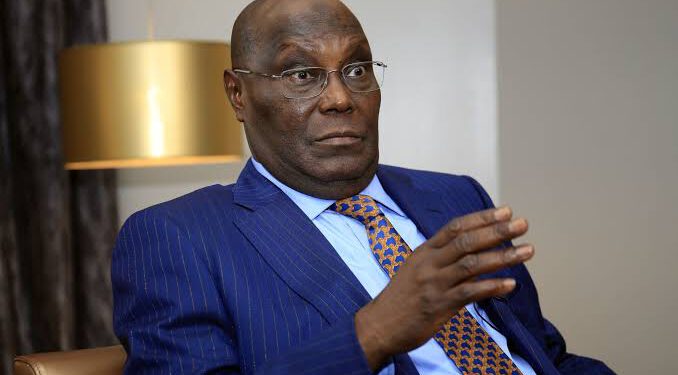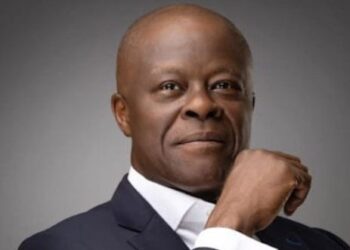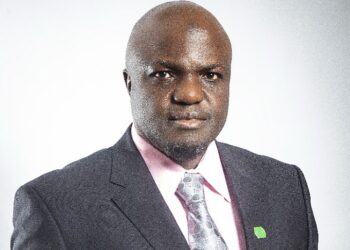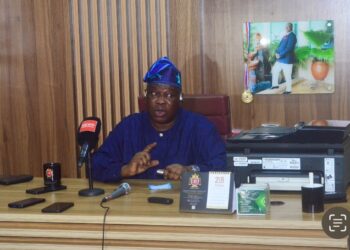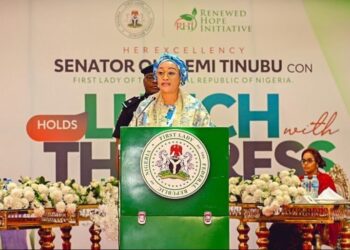On Friday, former Vice President Atiku Abubakar criticized the recent increase in electricity tariffs, stating that it would exacerbate the challenges faced by Nigerians.
He highlighted that while citizens were already grappling with the harsh impacts of petrol subsidy removal and currency devaluation, the government’s decision to raise electricity tariffs lacked consideration for the populace’s plight.
According to The PUNCH, electricity subsidies have been completely removed from the tariff for Band A category consumers, comprising approximately 15 percent of the total power users nationwide.
The Nigerian Electricity Regulatory Commission announced the tariff hike on Wednesday, with affected consumers now facing a tariff of N225 per kilowatt-hour, a significant increase from the previous rate of N68/kWh, representing a 240 percent surge.
Atiku, expressing his dissent on his official social media account, criticized the lack of prior notice for the tariff hike.
He argued that the government’s implementation of reforms without adequate preparation or post-reform strategies to alleviate citizens’ hardships was becoming a recurring pattern.
He stated, “The increase in electricity tariffs comes amidst ongoing challenges caused by the removal of petrol subsidies and currency devaluation. The government has yet to effectively address the hardships resulting from these measures, and now, with this tariff hike, citizens will face even greater difficulties as inflationary pressures mount.”
“Our manufacturing sector will also suffer adverse effects. Not only are they facing higher interest rates on bank loans, but they are also dealing with increased diesel costs and elevated wages due to the new minimum wage. The President’s administration is driving the economy deeper into crisis with reforms that lack compassion.
“It’s crucial to identify the underlying causes of inefficiencies in the power sector before implementing further reforms. It’s time to revisit the privatization process that led to the establishment of the DISCOs.
“Tinubu must ensure that these reforms are phased, implement measures to alleviate the suffering, and hold the NERC accountable for improving service delivery.”
According to The PUNCH, in response to the tariff hike, Lagos, Kano, and 10 other states have finalized plans to commence power generation within their jurisdictions in line with the Electricity Act 2023.
The PUNCH learned on Thursday that some of these states have enacted their electricity market legislation and are awaiting NERC approval to establish independent regulatory bodies separate from the government-owned NERC.
As states intensify efforts to generate electricity, the Federal Government’s 240 percent increase in power tariffs for Band A consumers enjoying 20-hour electricity has drawn further criticism on Thursday.
Various groups, including the Petroleum and Natural Gas Senior Staff Association of Nigeria, civil society organizations, and the Nigeria Electricity Consumer Advocacy Network, cautioned that the hike would exacerbate the plight of Nigerians.


